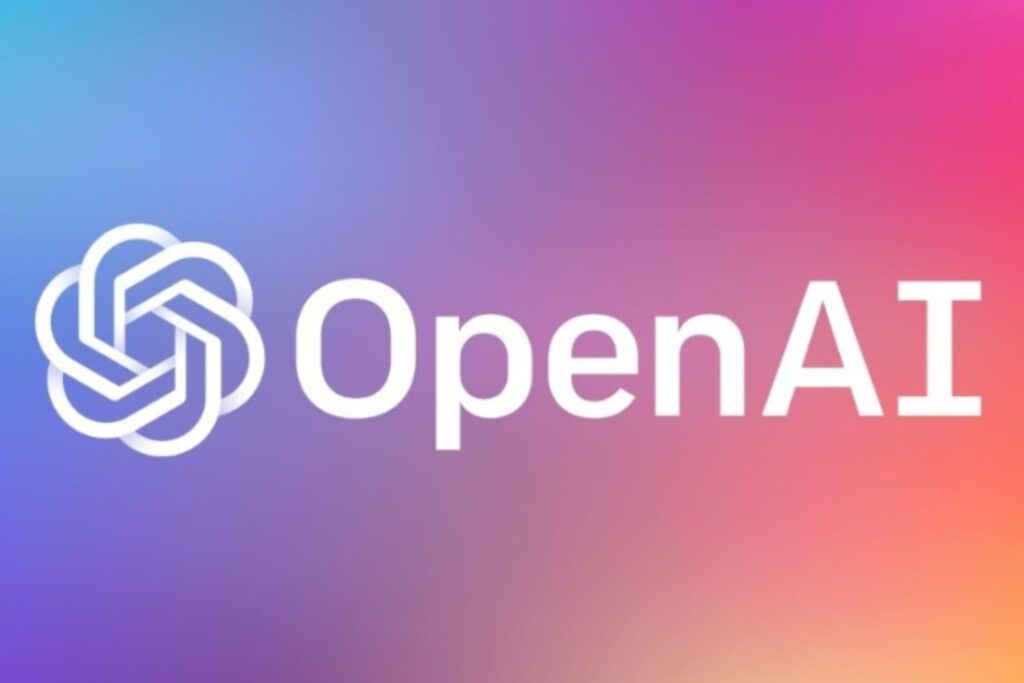
OpenAI has quietly ended its data-labeling relationship with Scale AI, a shift that began before Meta Platforms surprised the industry with a $14.3 billion investment and a talent raid at the startup. Founded in 2016 as a go-to resource for tagging text and images in early machine-learning models, Scale counted clients like Alphabet, Meta, and OpenAI among its marquee partners. But as OpenAI’s ambitions grew, it sought vendors with more specialized expertise and flexibility.
Meta’s 49% Stake Accelerates the Split
When Meta agreed to take a 49 percent stake in Scale and recruited CEO Alexandr Wang to a new “superintelligence” unit, the decision accelerated an already gradual wind-down for OpenAI. Several Scale employees are expected to follow Wang to Meta as the company builds its next-generation AI systems. While Scale declined to comment on client changes, the deal’s optics—handing a Facebook rival significant influence over a key data supplier—prompted unease among other customers, including Google, which is reportedly preparing to sever ties.
Pivoting to Advanced Annotation Services
OpenAI’s pivot wasn’t driven solely by competitive concerns. Over the past year, the ChatGPT creator recognized the need for annotation services tuned to advanced reasoning and agent-like behavior—capabilities beyond the generalist labeling Scale initially provided. A spokesperson confirmed that OpenAI plans to source data from a broader array of providers, reflecting a wider industry trend: as models grow more complex, data quality and domain expertise matter more than ever.
Mercor and Boutique Data Firms Fill the Void
One newcomer on OpenAI’s roster is Mercor, a boutique data firm that recruits professionals—doctorates, nurses, and other specialists—to annotate highly nuanced datasets. This partnership underscores how leading AI labs now favor smaller outfits capable of meeting exacting research requirements over larger, volume-driven suppliers.
Scale AI’s Shift from Crowdsourcing to Specialists
Scale itself has been evolving. What began as a low-cost contractor network has gradually given way to a team of higher-paid specialists handling sophisticated labeling tasks. Yet with demand for expert-level input rising, companies built on mass annotation are scrambling to keep up.
Diversifying Vendors to Reduce Single-Supplier Risk
For OpenAI and its peers, the lesson is clear: diversify data providers and partner with firms that offer both scale and subject-matter expertise. Relying on a single supplier—especially one part-owned by a rival—carries risks no AI developer can afford.
Human Expertise as the New AI Battleground
This realignment highlights a broader shift in AI development. Beyond algorithms, the human expertise embedded in training data has become a fiercely contested asset. Expect more specialized labeling startups to emerge as the industry matures, each vying to become an indispensable cog in the race toward more capable artificial intelligence.
